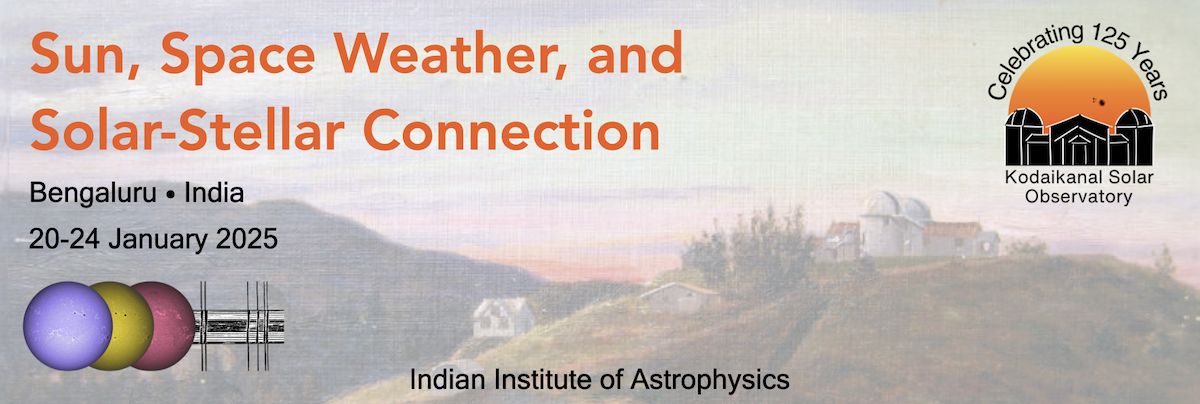Speaker
Description
We observe non-thermal radio emission with spectral indices ranging from 1 to 3, extending over megaparsec scales almost in the centre of the galaxy clusters containing largely collisionless plasma. To explain this, the electrons must be energized. While turbulence or shocks generated by merger events can accelerate electrons, their efficiency is relatively low. We explore an alternative mechanism: particle acceleration via magnetic reconnection in the turbulent intracluster medium (ICM). Reconnection sites naturally arise from the fluctuation dynamo, which generates strong magnetic fields reversing on short length scales. Using particle-in-cell (PIC) simulations for non-relativistic plasma (typical ICM temperatures of ~10^8 K), we investigate how magnetic energy is converted to electron kinetic energy, which eventually gets converted to radio through the synchrotron cooling of electrons. Driven by the tearing instability, magnetic reconnection begins by giving rise to magnetic islands and x-points, where the inductive electric field gets generated and accelerates the particles. Soon after the saturation of the tearing instability, the plasmoid instability takes over and enhances the reconnecting electric field. Thus, magnetic energy gets converted to electrons kinetic energy. Our results show that initial non-relativistic and thermal electrons become relativistic and non-thermal through reconnection. The resulting energy spectra match with that inferred from the observed radio spectra in galaxy clusters. Moreover, the estimated maximum electron energy (Lorentz factor ~10^5) agrees with observations, and the synchrotron luminosity (~10^41 ergs/s) is consistent with the observed values. This supports reconnection as an efficient particle acceleration mechanism in the ICM.
| Contribution Type | Poster |
|---|---|
| Theme | Solar - Stellar Connections |

